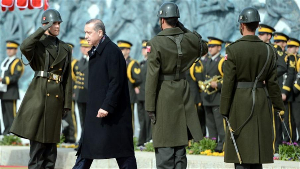Sounds, Silences and Turkey's Crumbling Core
By Gareth Jenkins
September 19, 2017
Since the failed coup of July 2016, Turkey’s spiralling descent ever deeper into authoritarianism has been characterized by arbitrary arrests and widespread abuses of even the draconian powers afforded the regime under the continuing State of Emergency. In addition, the government’s domination of the media has meant that, for the mass of the Turkish public, the reality of what is happening in the country is submerged beneath a cacophony of distortions, delusions, untruths and febrile conspiracy theories.
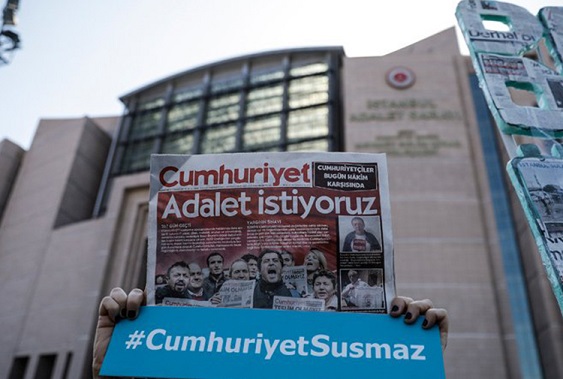
The Coalition Crumbles: Erdogan, the Gülenists, and Turkish Democracy
By Halil M. Karaveli (vol. 5, no. 4 of the Turkey Analyst)
The authority of Prime Minister Recep Tayyip Erdoğan has been challenged by the security apparatus, the police and parts of the judiciary that enjoy the backing of the brotherhood of the Islamic preacher Fethullah Gülen. The unprecedented challenge compels Erdoğan to circumscribe the power of his erstwhile ally, which thrives with the application of oppressive security measures. Whether Erdoğan will now see the strong incentive to seek a democratic, negotiated solution to the Kurdish issue, or continue to concentrate power in his own hands, remains to be seen.
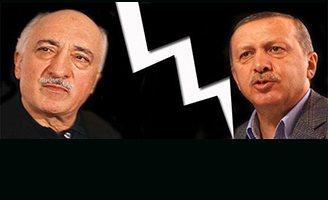
The Gülenists Have Lost the Battle over the State
By M. K. Kaya (vol. 8, no. 9 of the Turkey Analyst)
The Gülenists have lost the battle over the control of the state. Most damningly for them, they have been exposed as ruthless power grabbers. It has been of critical importance for the AKP government in its fight against the Gülenists that other groups within the judiciary have rallied to it. The lessons that the present Turkish government has had to learn the hard way are not going to be lost on future governments. One can assume that they are going to be very careful not to offer the Gülenists any leeway.
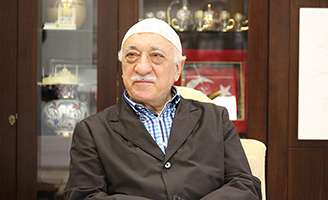
Narrative Veils: Erdogan, the AKP and the Gulenist Arrests
By Gareth Jenkins (vol. 7, no. 23 of the Turkey Analyst)
On December 14, 2014, the Turkish police staged early morning raids in 13 provinces across the country following the issuing of arrest warrants for 31 alleged members of the Gülen Movement on terrorism charges. Those detained included six journalists, prompting claims in the national and international media that the arrests were another example of President Recep Tayyip Erdoğan’s increasing suppression of freedom of expression. In fact, the narratives of the AKP and the Gülen Movement about the arrests are both attempts to coat a power struggle with the gloss of a commitment to principle.
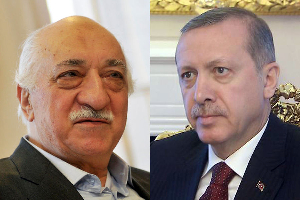
The Return of the Generals
By Halil Karaveli (vol. 7, no. 21 of the Turkey Analyst)
The Turkish generals are no longer afraid to speak out and they exert influence over government policies. Erdoğan invited the military back into the power equation when, faced with the Gülenist challenge to his power, and in need of a new ally, he gave the signal to open the prison doors for the convicted officers. But more than anything else, it is the persistence of an authoritarian mindset that sets the stage for the recurrent assertion of the power of the military in Turkey.
